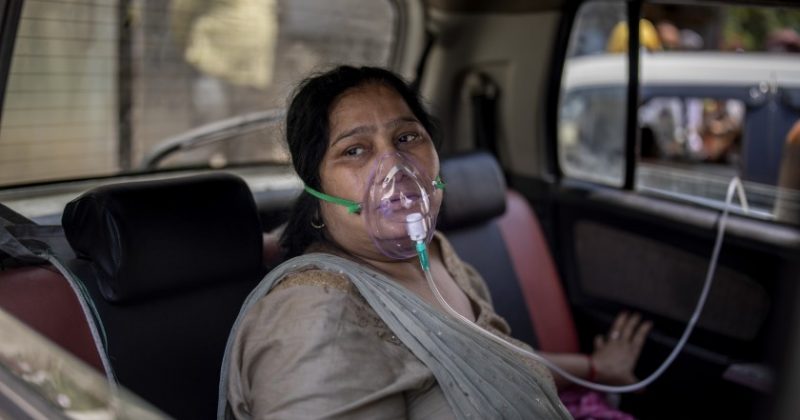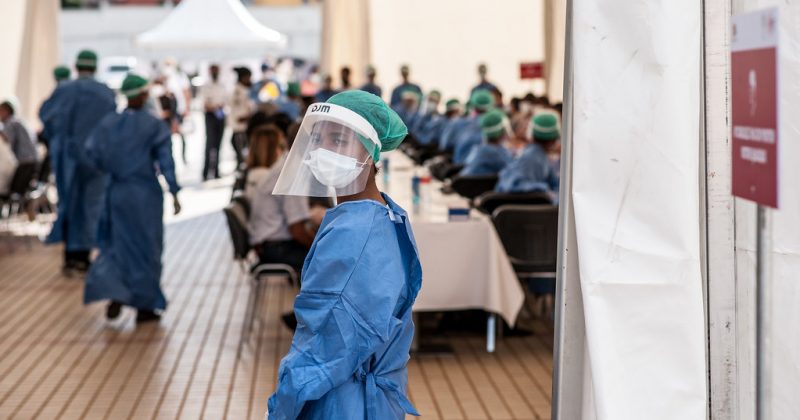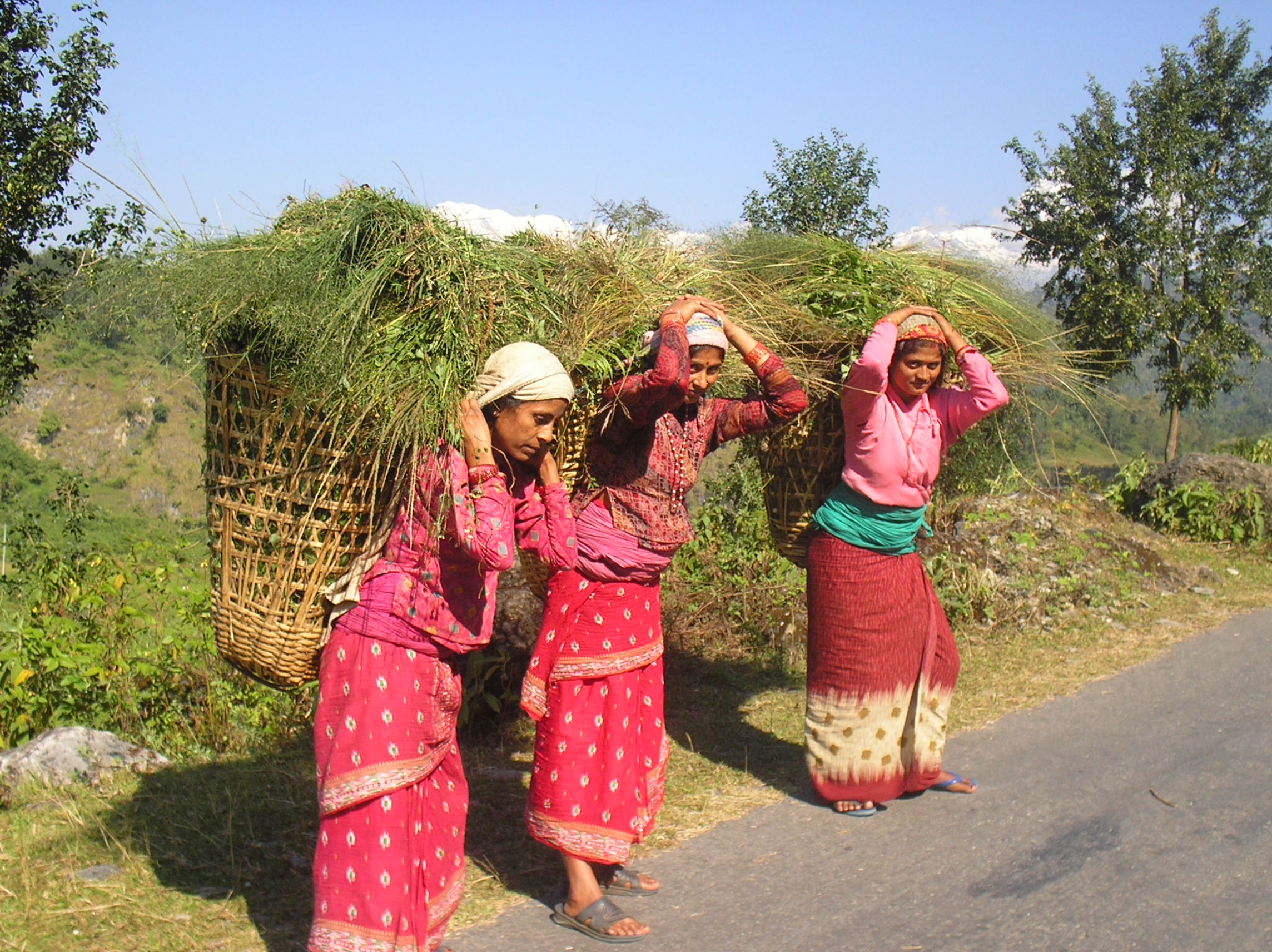
COVID-19 in India: Violation of the Right to Health and the Collapse of Healthcare Infrastructure
By guest contributor, Ayush Kumar is a law student at Dr. Ram Manohar Lohiya National Law University, India.
On the 13th of March, as a gesture of accountability, Jordan’s health minister resigned after six Covid-19 patients died due to lack of oxygen at a hospital ward. Accountability is the linchpin of a
functional democracy as it compels a State to explain what it is doing and how it is moving forward in times of crisis. In the past few weeks, India has faced a massive oxygen shortage as the healthcare infrastructure collapsed like a house of cards due to exponentially rising cases of Covid-19. Alone in the capital city, twenty-five patients died due to the shortage of oxygen on 24th April.
The government’s inadequacy in providing healthcare facilities to its people is a serious violation of their human right to health. Patna High Court’s division bench expressed strong displeasure over the deaths due to oxygen shortage and further stated that lack of adequate...


